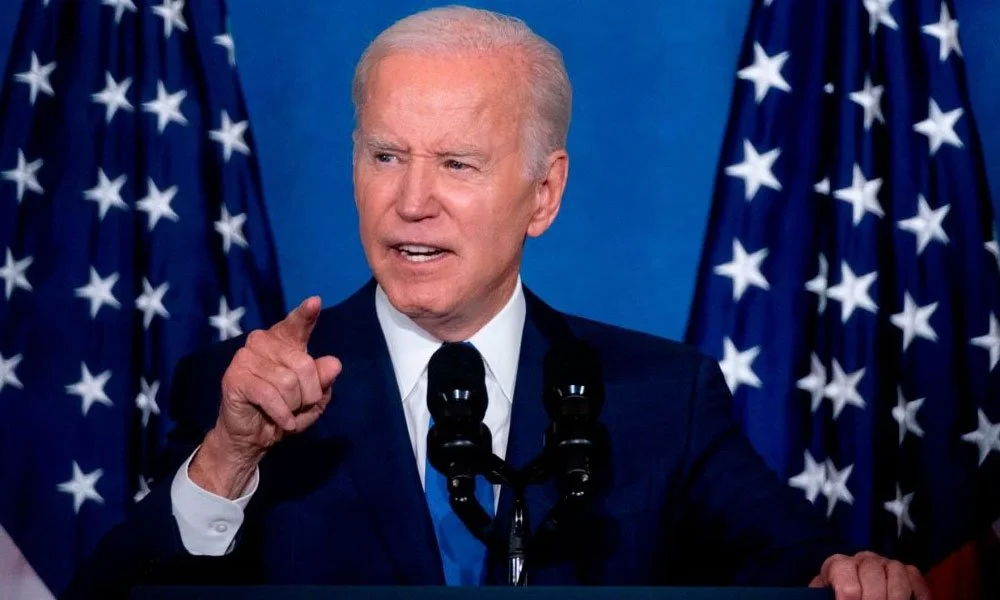“(With) today’s Supreme Court decision on presidential immunity, that fundamentally changed. For all practical purposes, there are virtually no limits on what the president can do. It’s a fundamentally new principle and it’s a dangerous precedent because the power of the office will no longer be constrained by the law even including the supreme court of the United States.”
Throughout his address, Biden underscored the gravity of the moment, emphasizing that the only barrier to the president’s authority now lies in the personal restraint of the officeholder. He warned vehemently against the prospect of Trump returning to power, painting a stark picture of the dangers such an outcome could pose.



So you’re ignoring this part of fascism? “forcible suppression of opposition”
Well yeah, but that’s only one part of fascism. You could say pretty much the same of any war, lots of non-fascist goverments, and hell, you could say we already do that, just look at how the campus protests were treated, the BLM protests, the civil rights protests, the sufferagettes, a personal favorite of mine would be the horrid history of our oppression of labor by siding with companies and enabling the use of pinkertons to gun down crowds, yadda yadda.
No, if america was to be fascist, it would be fascist for historical reasons which already existed, which have been around for a while already. I don’t know whether or not america suddenly having a dictator, would really have too much of an effect on it suddenly becoming fascist, despite the popular consensus that fascism just requires a really racist guy to suddenly be a dictator. I actually don’t think that would factor too much into the definition at all, I think you could pretty easily have a fascist democracy, and you could definitely have a fascist oligarchy.
I’m pretty sure imperial japan was mostly run by a military cabinet which internally needed a certain number of votes, and the emperor was more like a figurehead and religious figure that had a certain amount of sway over the cabinet’s decisions as he was like, a big deal, more than him being a figure of political power. From what I remember, anyways. Me personally, I’d be pretty comfortable calling imperial japan a fascist state, even if it maybe conforms to that definition less well than, say, italy or germany.
that isn’t part of how mussolini defined it.